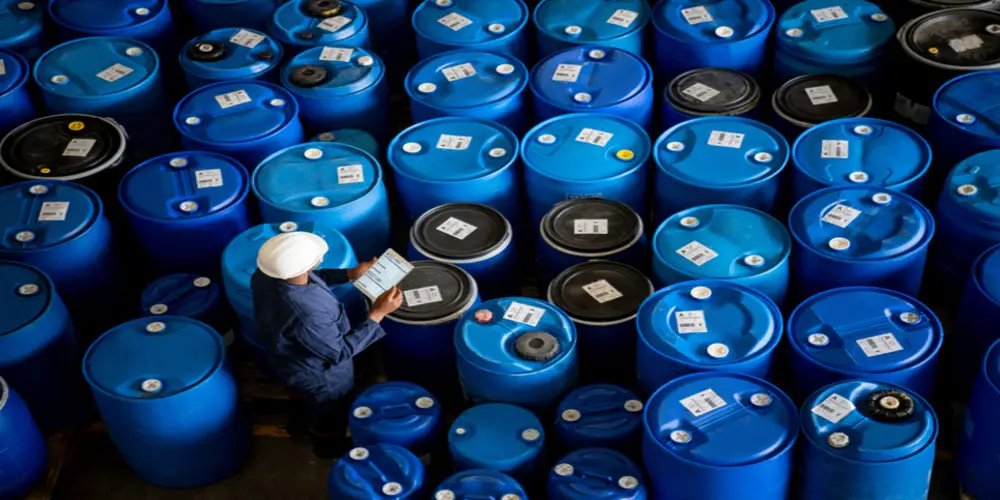
Concerted efforts urgently needed to meet 2030 Global Alcohol Action Plan targets
Failure spells “dire consequences” for low/middle income countries, warn health scientists
Concerted international efforts are urgently needed to meet the targets set out in the 2030 Global Alcohol Action Plan (GAAP) and avert “dire consequences” for low and middle income countries, where alcohol markets are expanding, warn health scientists in the open access journal BMJ Global Health.
A lack of progress on alcohol and health in the wake of the 2010 Global Strategy for Reducing the Harmful Use of Alcohol prompted the 75th World Health Assembly to initiate the Global Alcohol Action Plan 2022-30 and declare alcohol a public health priority, with targets set including a 20% per head reduction in consumption by 2030, explain the authors.
The Plan proposes that 70% of countries should be implementing measures to reduce the affordability, availability, and/or marketing of alcohol by this date. But few countries are currently acting on all three strands, note the authors.
The Plan defines six key action areas for the World Health Assembly member states, the World Health Organization Secretariat, international partners, civil society organisations, and academia, stipulating specific roles for each of these stakeholders.
The six action areas comprise: implementation of high-impact strategies and interventions; advocacy, awareness, and commitment; Partnerships, dialogue, and coordination; technical support and capacity building; knowledge production and information systems; and resource mobilisation.
Each of these include measures for ‘economic operators’ in alcohol production and trade, containing clear expectations of the industry in relation to health, including several invitations to enhance activities that are less harmful to health, and stop those that are more harmful.
But none of these invitations is backed up by any sanctions or enforcement mechanisms, note the authors, who point out that the alcohol industry which has “previously succeeded in delaying the adoption of evidence-informed policies worldwide, is expected to continue to challenge implementation of the measures included in the plan.”
And alcohol is a messy policy issue, which has long been the subject of interdepartmental conflicts of interest in government, with health departments often losing out to those for trade and industry, point out the authors.
All of which might help explain why, since the formal adoption of the Plan by the World Health Assembly in 2022, there have been few signs of any movement by any of the stakeholders on the key action areas, they note.
But they warn: “At the global level, failure to reach the 2030 target will mean that millions more will be condemned to die unnecessarily because the mandate of the governments of the world acting together in the World Health Assembly has not been respected by the major players in a powerful globalised industry.”
They emphasise: “Failure to make progress will be dire in particular for those low and middle income countries where the alcohol market is expanding,” and where health infrastructure and other key resources to cope are scarce.
Progress is contingent on adequate investment and resources, which may be a key weakness of the Plan, say the authors.
“The lack of high-level promotion, generating widespread understanding of the need for action itself, foretells that the ambitious targets may not be met. This cannot be allowed to pass. Hard questions remain to be answered about whether and how the ‘polluter pays’ principle can be applied to this issue,” they conclude.
28/02/2024
Notes for editors
Analysis: Are we moving into a new era for alcohol policy globally? An analysis of the Global Alcohol Action Plan 2022-30 doi: 10.1136/bmjgh-2023-014246
Journal: BMJ Global Health
Funding: Wellcome Trust
Link to Academy of Medical Sciences labelling system
http://press.psprings.co.uk/
Externally peer reviewed? Yes
Evidence type: Analysis
Subjects: People




